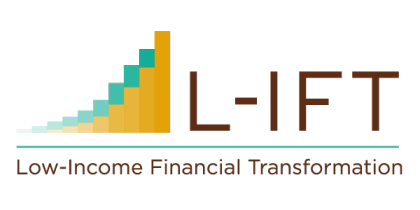Living life under lock-down is a new and unpleasant experience for many around the world. We tried to investigate what it means to live under the lock-down as a refugee by asking questions about their day-to-day activities under lock-down and the problems they observed since the lock-down began. This survey included 152 refugees from Nakivale and Kiryandongo refugee camps.
The conditions the refugees observed under this lock-down include ‘food and medicine being scarce/expensive’ (92 percent);‘people being terrified about covid-19’ (69 percent);‘many can’t get medical care because there is no more transport’ (39 percent); ‘people are selling their assets to survive’ (37 percent); ‘many people can’t see doctors because of less medical staff’ (25 percent); ‘there is no transportation to take the food distribution’ (26 percent); ‘hygiene and sanitation problem are unsafe’ (17 percent) whereas 15 percent observed that ‘people are more unconcerned and reluctant about Covid-19’.Other observation that refugees mentioned include: thefts, the halt of saving groups, putting people in quarantine without testing well, people being arrested and beaten, being asked to pay money by the police and shortage of food.

We also asked the refugees about how they spent their days during the lock-down. Most of them just stay home and spend time with their family (72 percent) and some refugees do agricultural works (25 percent). A handful of refugees do employment work (7 percent), work at a business center (4 percent) and create hand crafted products at home (3 percent). About 9 percent said, they are not doing anything. One person said, she/he attend religious activities. 15 percent of the refugees mentioned other ways of spending time at home such as doing domestic work, brick making, reading books, watching movies etc.

In conclusion we can say that the majority of the refugees carefully follow the instructions about preventing Covid-19. They spend this time to stay home and be with their family while the instructions must be very hard for refugees who already have precarious lives. It is anyone’s guess how much longer they can sustain this way, with these difficult conditions.
This blog is written using data from the RISE project, funded by Opportunity International, with consulting services from PHB.
PHB collaborates with international development agencies, banks, regulators and other impact makers around the world to assess, implement and scale digital interventions. We leverage the expertise of our team to support the design of digital finance ecosystems that can strengthen the resilience of communities in need. To learn more about PHB activities, publications and training, visit www.phbdevelopment.com
By Mahlet Alemayehu

